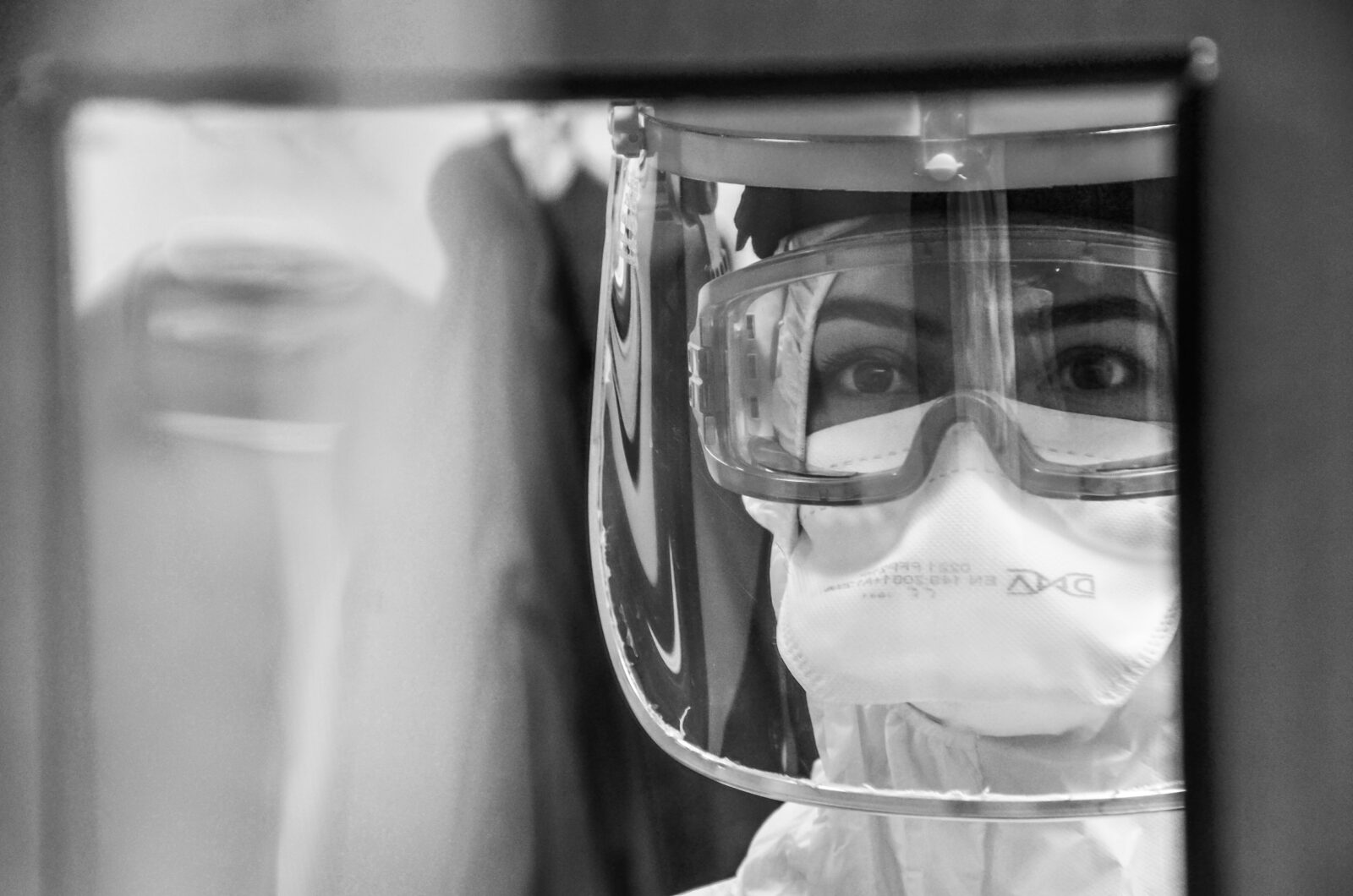In today’s world, it seems everyone’s life is affected by the pandemic—the shutdown of schools, businesses, and the daily grind of living without the necessities of living. People are fed up, and their thoughts turn to how to cope with the pandemic and what to do to help those most affected by the COVID-19 crisis. While it poses a threat to their own health, the pandemic also impacts the mental health of healthcare workers.
Hospitals, already struggling to staff their wards and cope with coronavirus cases, are facing additional challenges as staff begins to show signs of stress. Many hospital staff members have been on restricted working hours during the lockdown. In some cases, hospital staff have reported feeling stressed and anxious as their colleagues have been sent home and social distancing measures tightened.
The pandemic has affected the mental health of hospital staff. People are feeling anxious, sad and scared. They are worried about their loved ones, worried about their career progression and worried about their job security. They are worried about what the future will hold for them.
Hospitals are in uncharted territory. During the COVID-19 pandemic, employees are working 12-hour shifts, treating patients infected with the novel coronavirus, and testing for the illness themselves. Hospitals are facing unprecedented logistical challenges, and it’s taking a huge toll on their employees.
Consequently, hospitals are implementing new tactics to ease their workers’ stress and make their jobs just a little bit easier. Hospitals such as UPMC Hamot and AHN St. Vincent are already taking measures to care for their staff.
“We have what we call Serenity Rooms, which are safe places for staff to go. It’s definitely more stressful now because of the time frame we’ve been dealing with this,” explained the CEO of AHN St. Vincent.



























Leave a Reply